The Advanced Bioeconomy Leadership Conference (ABLC 2020) is from July 7–10, 2020. Bioeconomy 2020 is the Bioenergy Technologies Office's (BETO’s) primary vehicle to communicate its mission, accomplishments, and strategic goals. Bioeconomy 2020 sessions will take place on July 10, 2020. Review the biographies of those speaking at ABLC 2020 and Bioeconomy 2020 below. Speakers are subject to change.
For more information on ABLC 2020 and Bioeconomy 2020 please visit BETO’s event page.
Session Speakers (continued)

Allison Ray, Idaho National Laboratory
Allison Ray is the Research Excellence Lead for Science and Technology. In this role, she assists Dr. Marianne Walck, deputy laboratory director for science and technology and chief research officer, with various laboratory and corporate initiatives for improving research outcomes, and in executing strategy to continuously improve the quality, impact and relevance of INL research. Allison comes from the Chemistry and Radiation Measurement Department, where she works on programs funded through the Bioenergy Technologies Office (BETO). Allison has expertise in biomass science and feedstock logistics, focusing on feedstock cost reduction, and understanding and managing feedstock variability and quality for effective biochemical and thermochemical conversion into fuels and chemicals. Currently, she leads the Feedstock Variability Task as part of BETO’s Feedstock Conversion Interface Consortium (FCIC), representing a multidisciplinary team of scientists and engineers across six national laboratories, including Idaho National Laboratory, National Renewable Energy Laboratory, Lawrence Berkeley National Laboratory, Los Alamos National Laboratory, Oak Ridge National Laboratory, and Sandia National Laboratories.
Allison graduated with a Ph.D. in environmental microbiology from Idaho State University. Her dissertation focused on microbially mediated metals reduction for bioremediation of metals and radionuclides in subsurface environments. She also earned her M.S. and B.S. in agricultural and biological engineering from Purdue University.
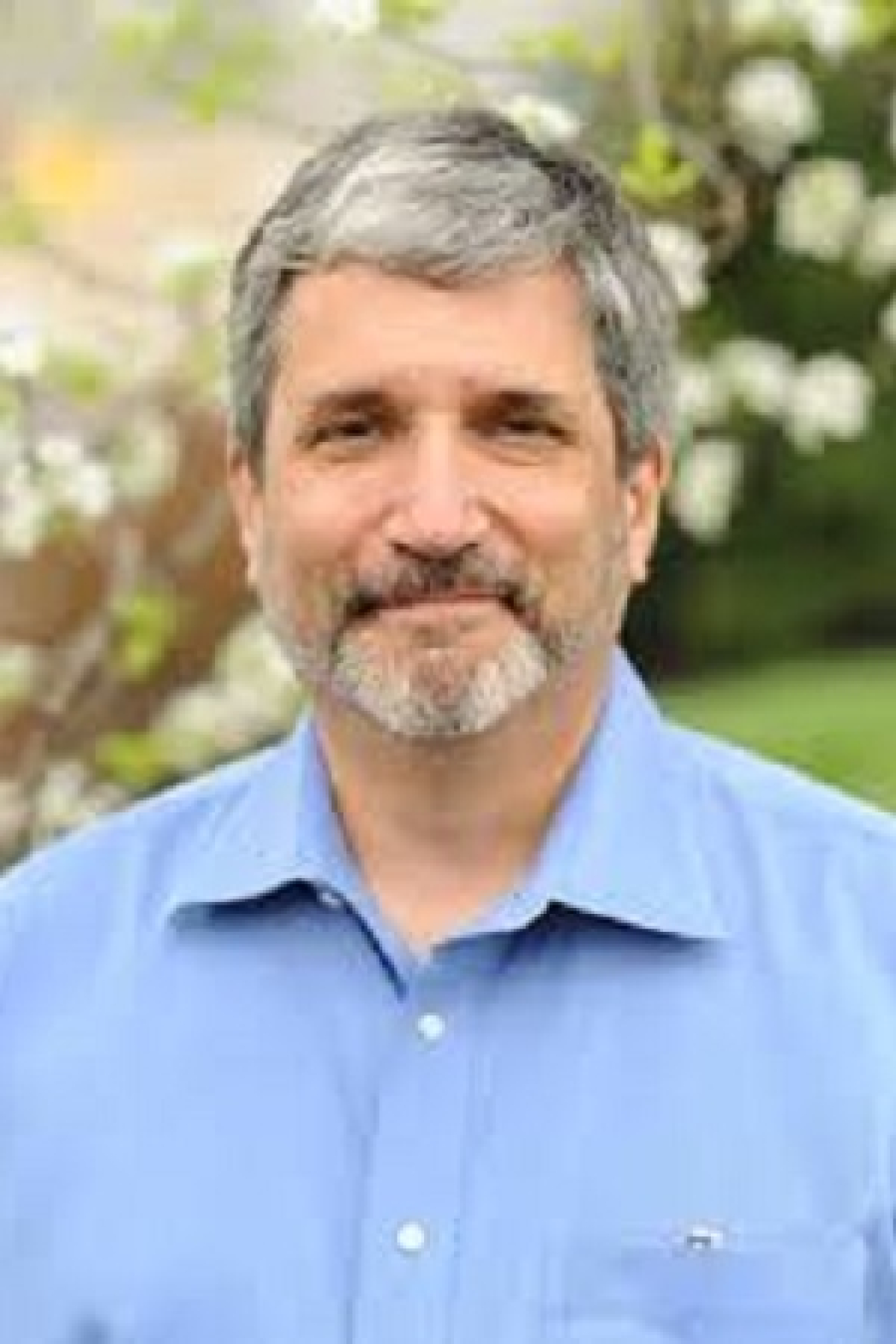
Michael A. Saltzberg, DuPont
Dr. Michael A. Saltzberg is the global business director for biomaterials at DuPont. He leads a portfolio of commercial and emerging businesses which utilize renewable feedstocks, rather than petroleum or natural gas derivatives, to make industrially important chemicals and materials, including DuPont Sorona® polymer and Bio-PDO™ propanediol.
Through the development of renewable biochemicals and biomaterials, Michael and his team are solving critical issues for industries as varied as packaging, cosmetics, apparel, and carpeting, all facing the challenges of offering high-performance choices to their downstream customers while making their supply chains more sustainable. He is a veteran of the industry with over 30 years of experience at DuPont including research and development management, sales and marketing, and business development. He has led DuPont’s efforts in biomaterials business development since 2006.
Michael holds a B.A. with honors in chemistry from Oberlin College and a Ph.D. in materials science and engineering from the University of Pennsylvania.
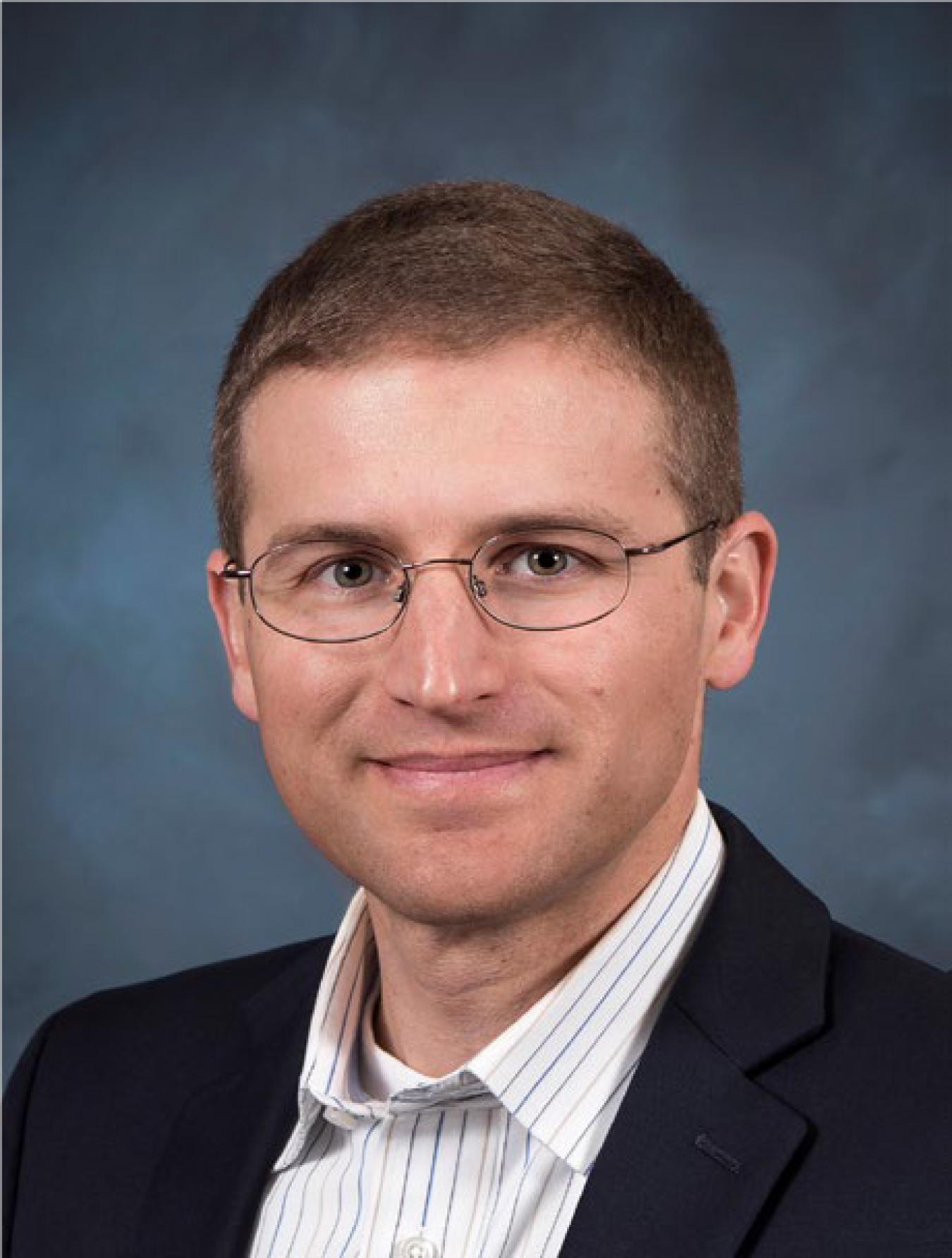
A.J. Simon, Lawrence Livermore National Laboratory
A.J. Simon is the associate program leader for Water Security and Technology, and the group leader for energy at Lawrence Livermore National Laboratory (LLNL). He has led diverse technology assessment and systems analysis projects across disciplines including carbon dioxide capture and drawdown, the energy-water nexus, fusion energy, nuclear fuel reprocessing, hydrogen fuel, building energy efficiency, and soldier-portable power. He is the principal investigator for LLNL’s Energy Flow Charts. He served as the scientific editor of LLNL’s flagship magazine, Science and Technology Review in 2013, and worked at the U.S. Department of Energy as a core author on the 2015 Quadrennial Technology Review.
Prior to joining LLNL, A.J. was an analyst with the Global Climate Energy Project at Stanford University where he helped manage a $20 million per year portfolio of university-based energy research projects. He was also a lecturer in the Department of Mechanical Engineering where he taught a graduate-level course on the thermodynamics of advanced energy systems. From 2001 to 2003, A.J. was a mechanical engineer at the GE Global Research Center in Niskayuna, New York, where he developed combustion and emissions control technologies for GE’s diesel engine and gas turbine product lines. During A.J.'s graduate work at Stanford University, he demonstrated novel combustion strategies for high efficiency and low emissions automotive engines.
A.J. holds an M.S. and B.S. in mechanical engineering from Stanford University.
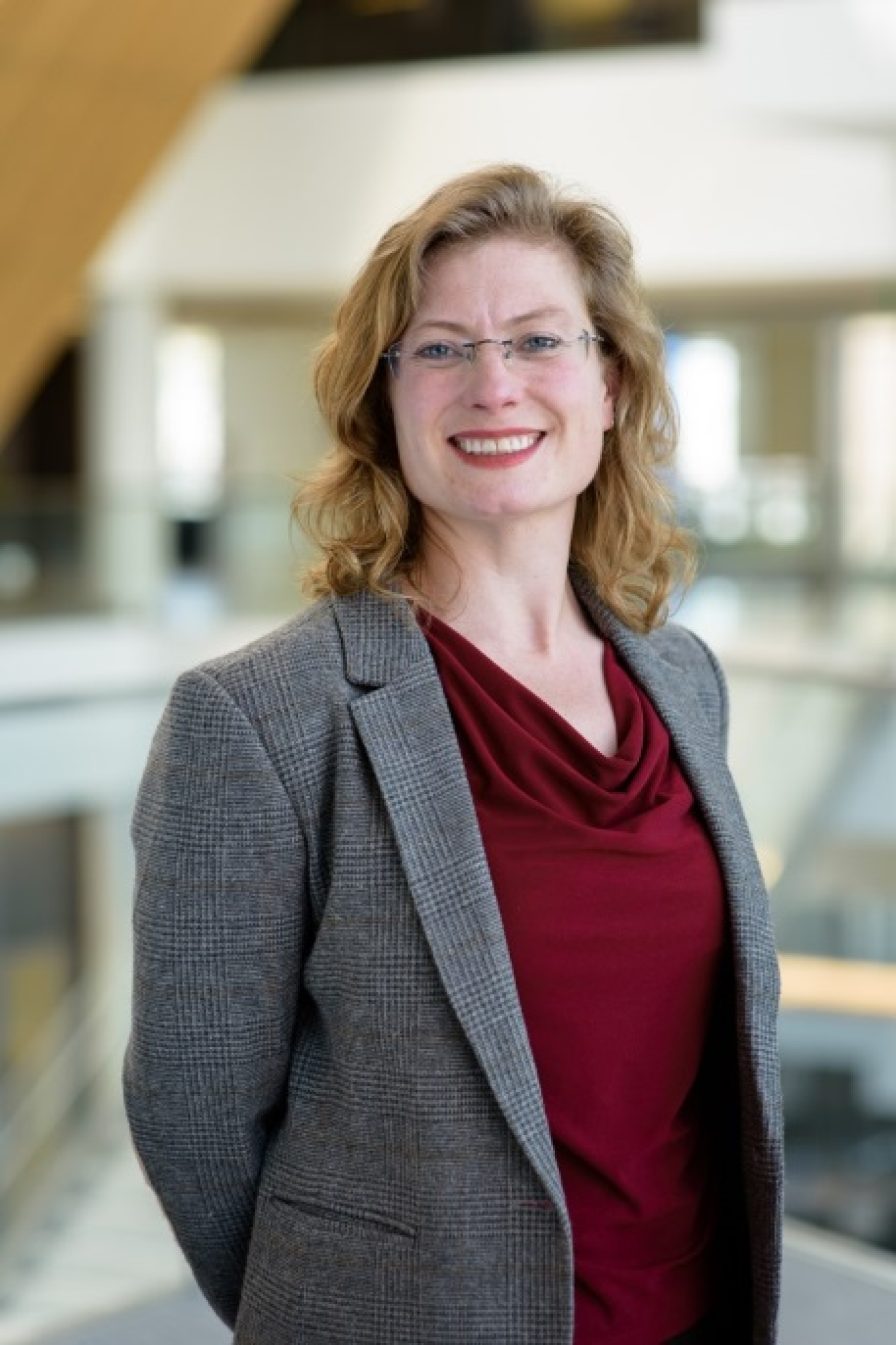
Margaret (Meg) Sobkowicz, University of Massachusetts Lowell
Meg Sobkowicz, Ph.D., is associate professor of plastics engineering at the University of Massachusetts Lowell. Meg was born and raised in Massachusetts and attended Columbia University as an undergraduate, where she discovered her interest in human impacts on the planet. After obtaining her B.S. in chemical engineering, she worked as a field engineer in the petroleum industry and in the municipal water treatment industry in New Mexico and Colorado. She complete her Ph.D. in chemical engineering researching bio-based polymers at Colorado School of Mines. In 2010, she was awarded a National Research Council postdoctoral fellowship to study polymeric materials for photovoltaic applications at National Institute of Standards and Technology, and she joined UMass Lowell in 2011. Her research interests include renewable polymers, plastics processing, rheology, organic electronics, green chemistry, polymer nanocomposites, functional coatings, plastics recycling, biomaterials, and climate change. She also serves as the UMass Lowell Engineering College liaison to the Women Academics Valued and Engaged in STEM (WAVES) project aimed at increasing the participation and persistence of women in academic STEM careers.
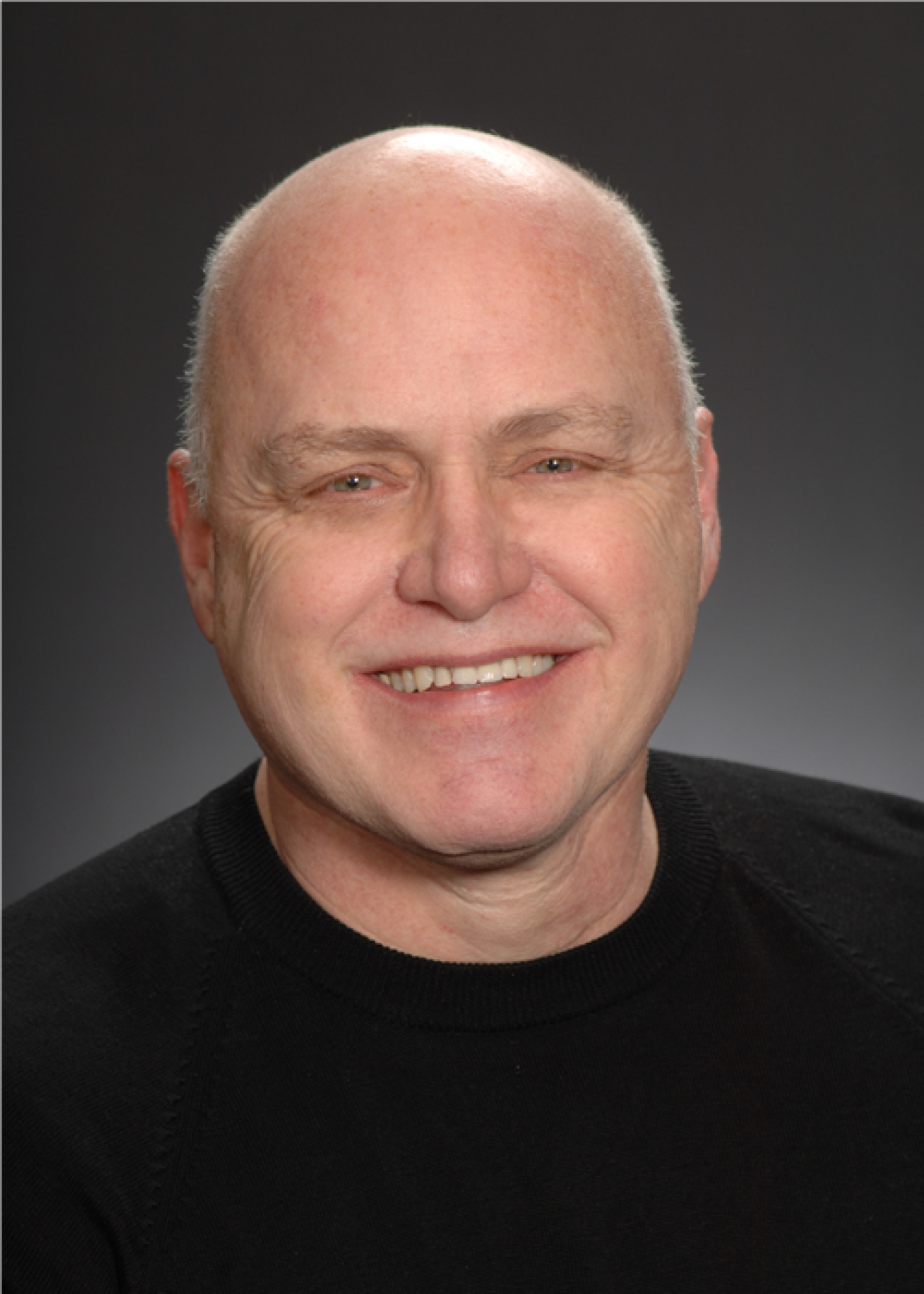
Tom Thompson, U.S. Maritime Administration
Tom Thompson is the environmental and energy technical adviser at the U.S. Maritime Administration (MARAD) in the Office of Environment. His main interest is in alternative fuels and fuel efficiency technologies. He has collaborated on a variety of projects with the U.S. Department of Energy, in particular with the various national laboratories.
Tom received both an M.A. and Ph.D. in international economics from Johns Hopkins University in Baltimore, Maryland.
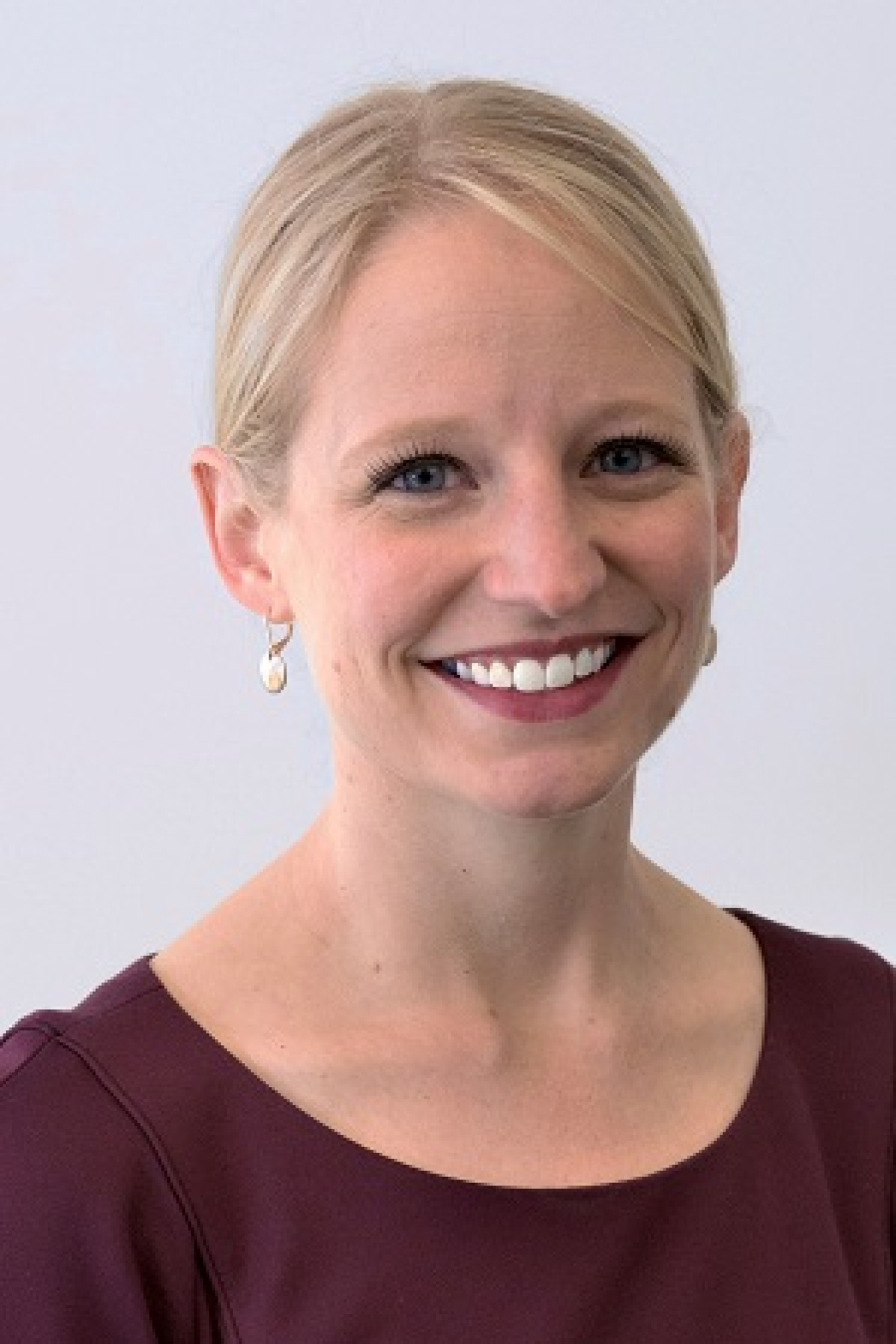
Rebecca White, Algae Biomass Organization
Dr. Rebecca White is senior advisor for the Algae Biomass Organization (ABO), a nonprofit trade organization with a mission to promote and accelerate the power of algae to create a step-change in the health and well-being of humanity and the environment. She is a veteran of the algae industry, having spent over 12 years working on commercial algae production, agronomic practices, and developing products from algae. During her career, she has advanced algae production efforts resulting in successful commercialization algae for various products.
Additionally, Dr. White is active in promoting STEM education, currently serving on the Algae Foundation’s board of directors and Industrial Advisory Board. She also works for the Algae Foundation’s educational programs, participates in “Skype A Scientist” in K-12 classrooms across the country, and mentors early-career scientists every year at the ABO Summit’s Young Innovator’s Lounge.
Rebecca was previously vice-president of operations for Qualitas Health Inc., maker of iWi®, a food and nutrition company making algae-based products. Prior to that, she worked for Sapphire Energy, an algae biofuels company, as director of cultivation. Rebecca has been active in the biotechnology industry, serving as the chief technology officer for Pebble Labs and Trait Biosciences. She has a passion for science communication and public relations and is a 2019 Unstoppable Cultures Fellow.
Rebecca received a Ph.D. in microbiology from Texas A&M University, where she was a National Science Foundation Graduate Research Fellow. She was a postdoctoral fellow at The Scripps Research Institute in La Jolla, California.
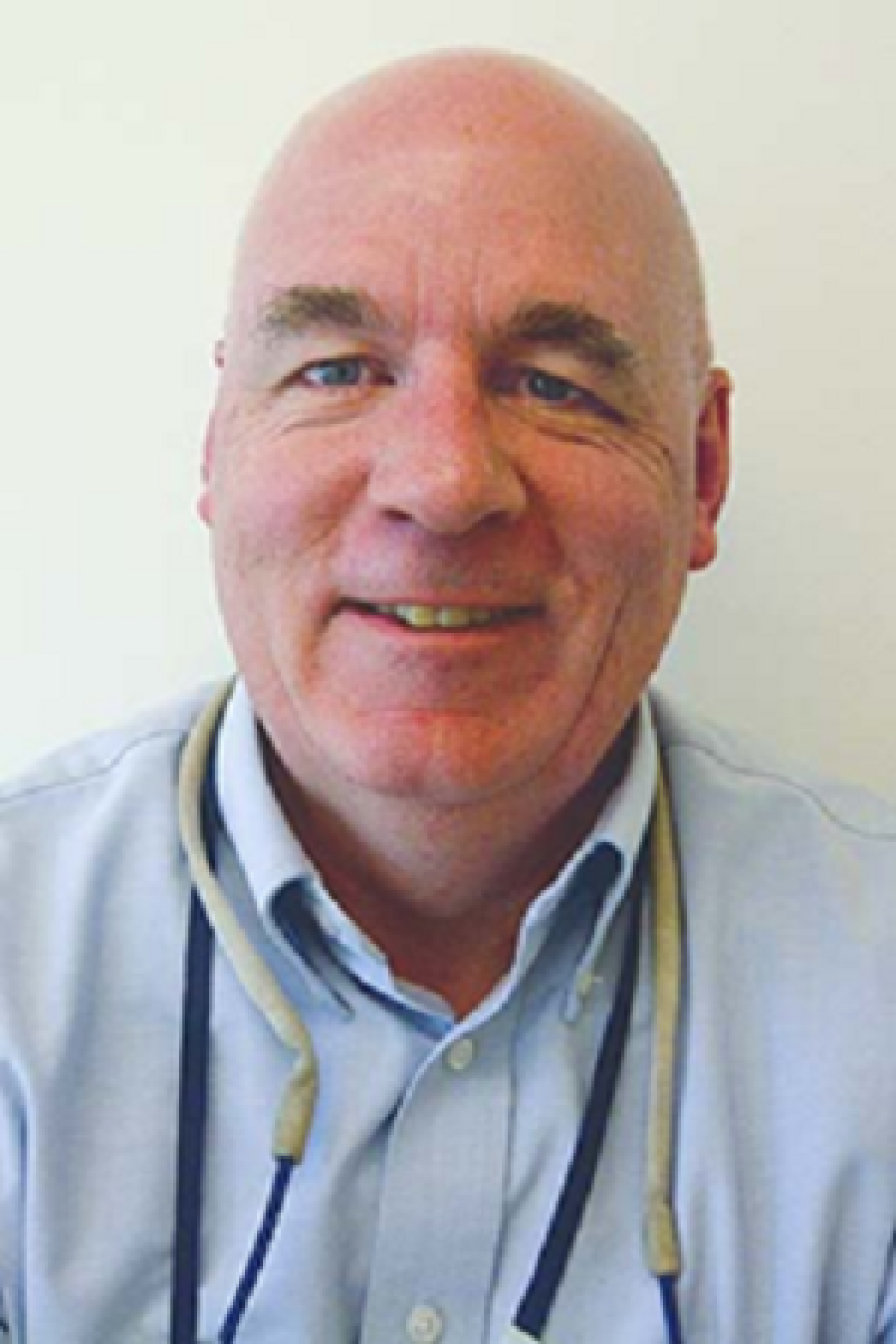
Ed Wolfrum, National Renewable Energy Laboratory
Ed Wolfrum is a principal researcher and group manager at the National Renewable Energy Laboratory (NREL) in Golden Colorado. He currently serves as principal investigator of the Feedstock-Conversion Interface Consortium (FCIC), a collaborative effort of BETO. The FCIC includes researchers from different disciplines and eight different national laboratories to quantify, understand, and manage variability in biomass from the field through downstream conversion and to understand how feedstock composition, structure, and behavior impacts overall system performance.
Ed also leads the Biomass Compositional Analysis Group at NREL. This group is a team of analytical scientists and analytical chemistry technicians that provides analytical chemistry support to multiple internal and external clients and develops new analytical methods for biomass characterization. Ed’s research interests include developing low-cost, rapid, non-destructive analysis techniques for biomass materials using spectroscopy and multivariate statistical analysis.
Ed has B.S. and Ph.D. degrees in chemical engineering from Rensselaer Polytechnic Institute and North Carolina State University, respectively.

Mark Yancey, D3MAX, LLC
Mark Yancey is the chief technology officer for D3MAX, LLC. Mark led the effort to develop, pilot test, and commercialize the patented D3MAX technology. The first commercial-scale D3MAX plant is now in operation at Ace Ethanol in Stanley, Wisconsin. D3MAX technology converts corn fiber and residual starch in a dry mill ethanol plant’s wet cake to cellulosic ethanol and produces a high protein dried distillers grain with solubles coproduct. Mark’s responsibilities with D3MAX include developing the company's strategy for technology development, implementation, and improvement. Mark also leads the company’s efforts to license the D3MAX technology to additional customers.
Mark’s experience includes nine years with the Biofuels Program at the National Renewable Energy Laboratory where he managed cellulosic ethanol research and development projects. Mark has a B.S. in chemical engineering from Stanford University.
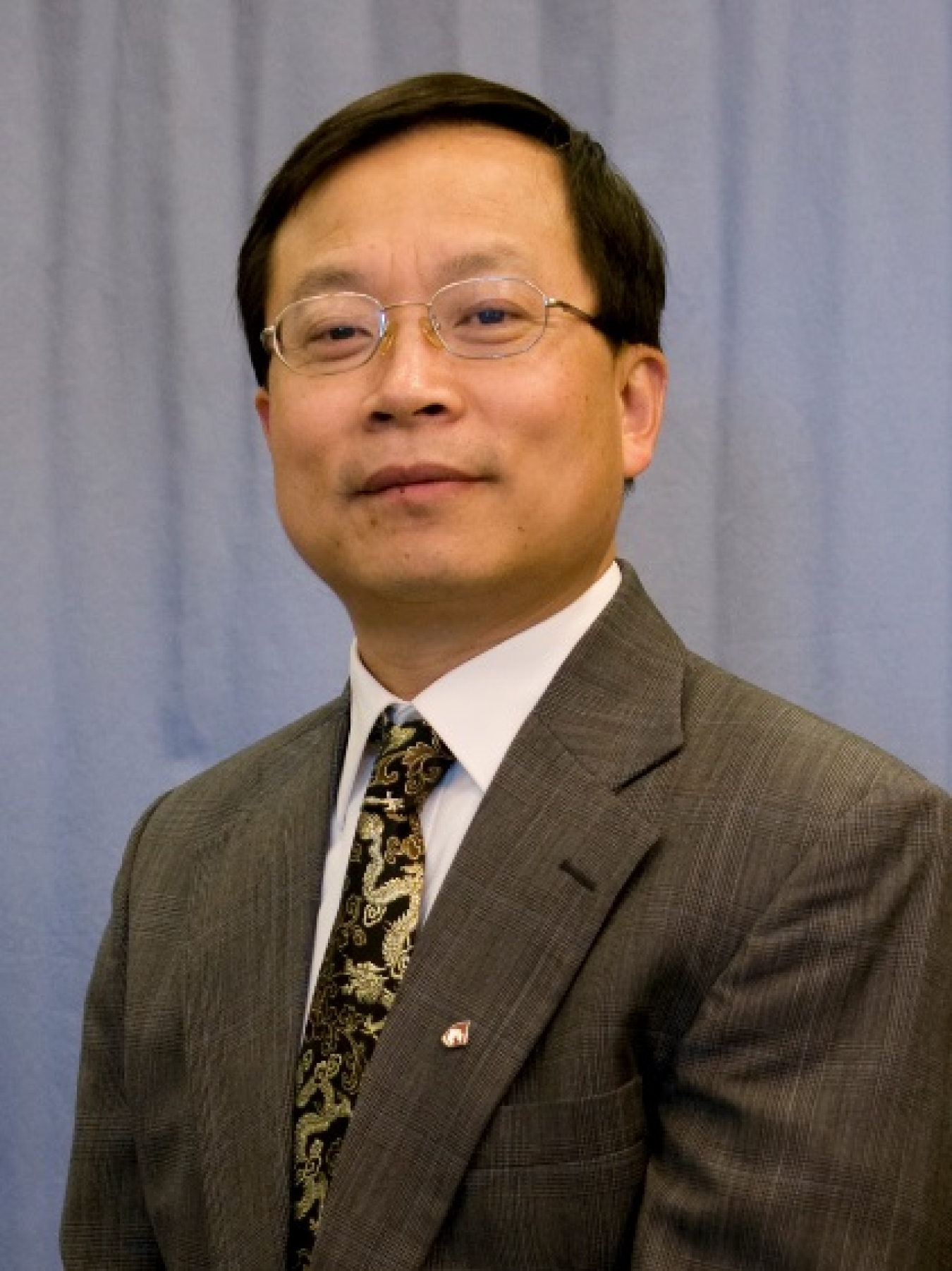
Jinwen Zhang, Professor, Washington State University
Dr. Jinwen Zhang is a professor at the School of Mechanical and Materials Engineering, Washington State University (WSU). He received a doctoral degree in polymer science in 1996. For more than 20 years, Dr. Zhang’s research has been focused on sustainability related areas of polymer materials. Since he joined WSU in 2004, Dr. Zhang has conducted active research in synthesis of biobased thermosetting polymers, polymer toughening and reinforcing, biocomposites, hydrogels, chemical recycling of plastics and fiber spinning technology. Zhang has received a number of competitive grant projects from federal agencies, state government agencies, nonprofit organizations and industry. Zhang’s research has been well-received from his peers as reflected in the increasing numbers of citation of his publications and the invited presentations in national and international professional conferences in recent years. Dr. Zhang has published more than 110 peer-reviewed journal papers and 11 book chapters and edited one book. In addition, Dr. Zhang has been awarded five U.S. patents and has five patents pending.
Additional Speakers
- Ben Brown, deputy for science, Lawrence Berkeley National Laboratory
- Michael Burkart, professor, University of California, San Diego
- Melba M. Crawford, professor, Purdue University.
- Anthe George, manager, Biomass Science and Conversion Technologies, Sandia National Laboratories
- Bart Hellings, COO, GoodFuels
- Ryan Hunt, CTO, Algix LLC
- Mike Kass, senior research staff, Oak Ridge National Laboratory
- Jim Keiser, Corrosion Science & Technology Group, Oak Ridge National Laboratory
- Margaret Lentz, special advisor, Artificial Intelligence and Technology Office, U.S. Department of Energy
- Troy Semelsberger, staff scientist, Los Alamos National Laboratory

